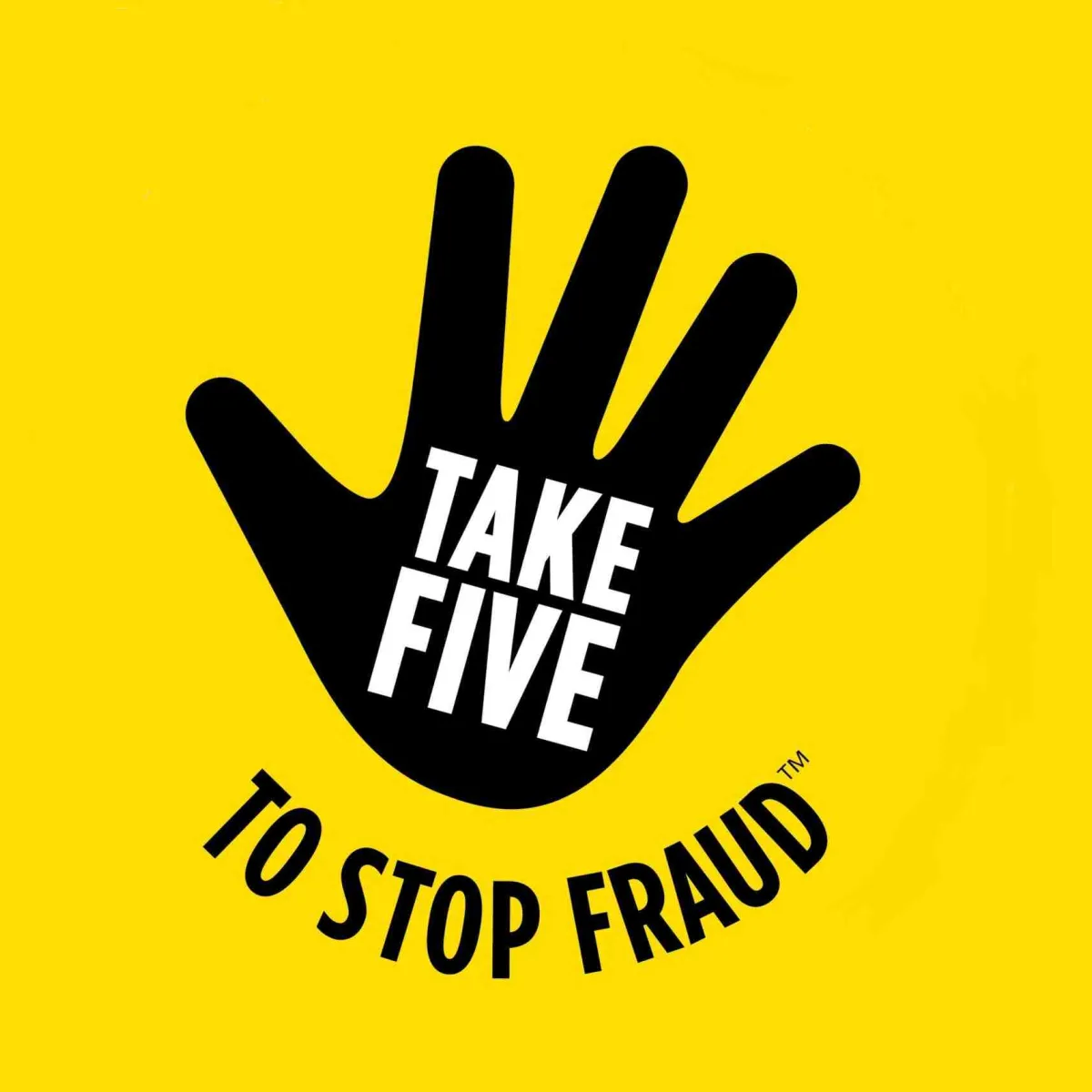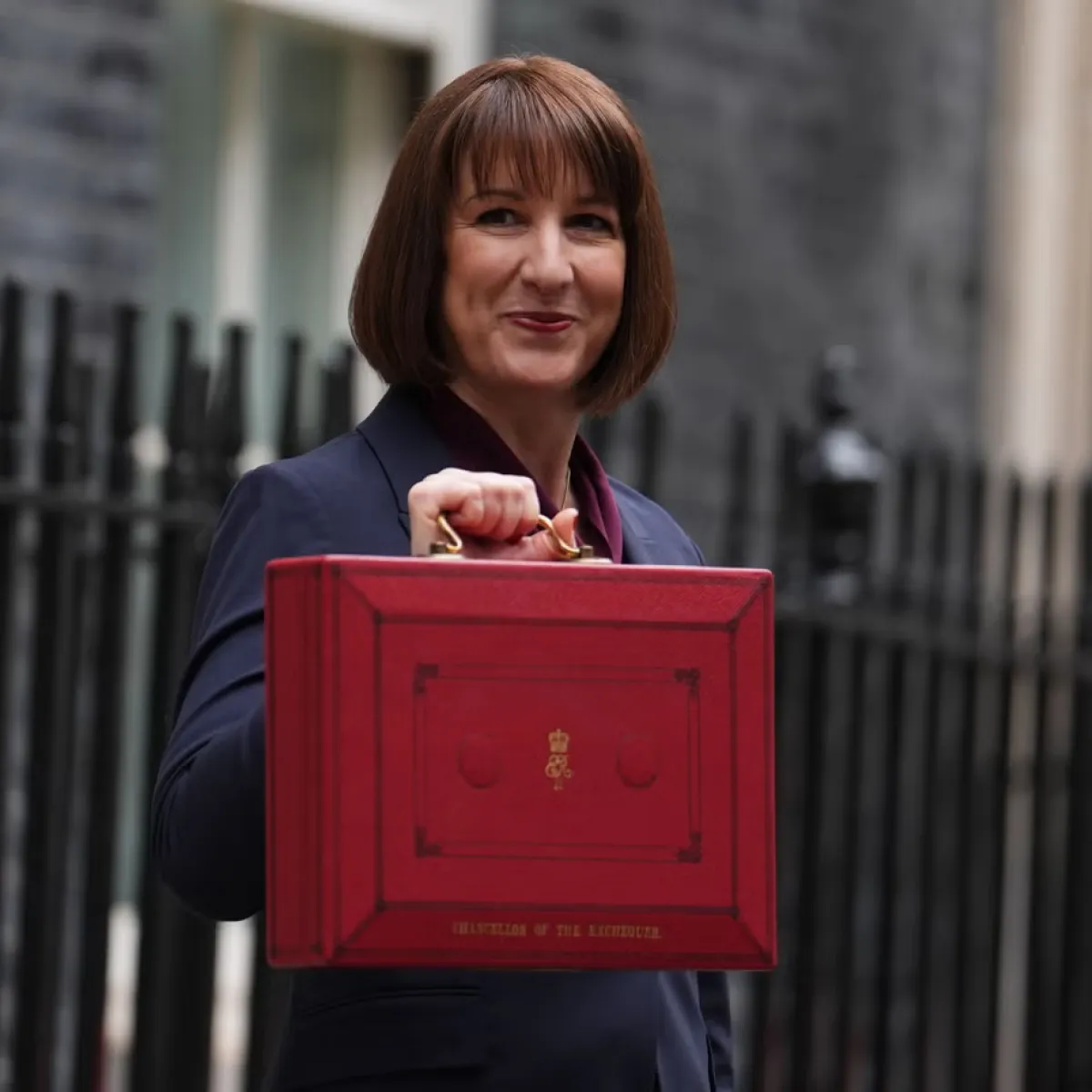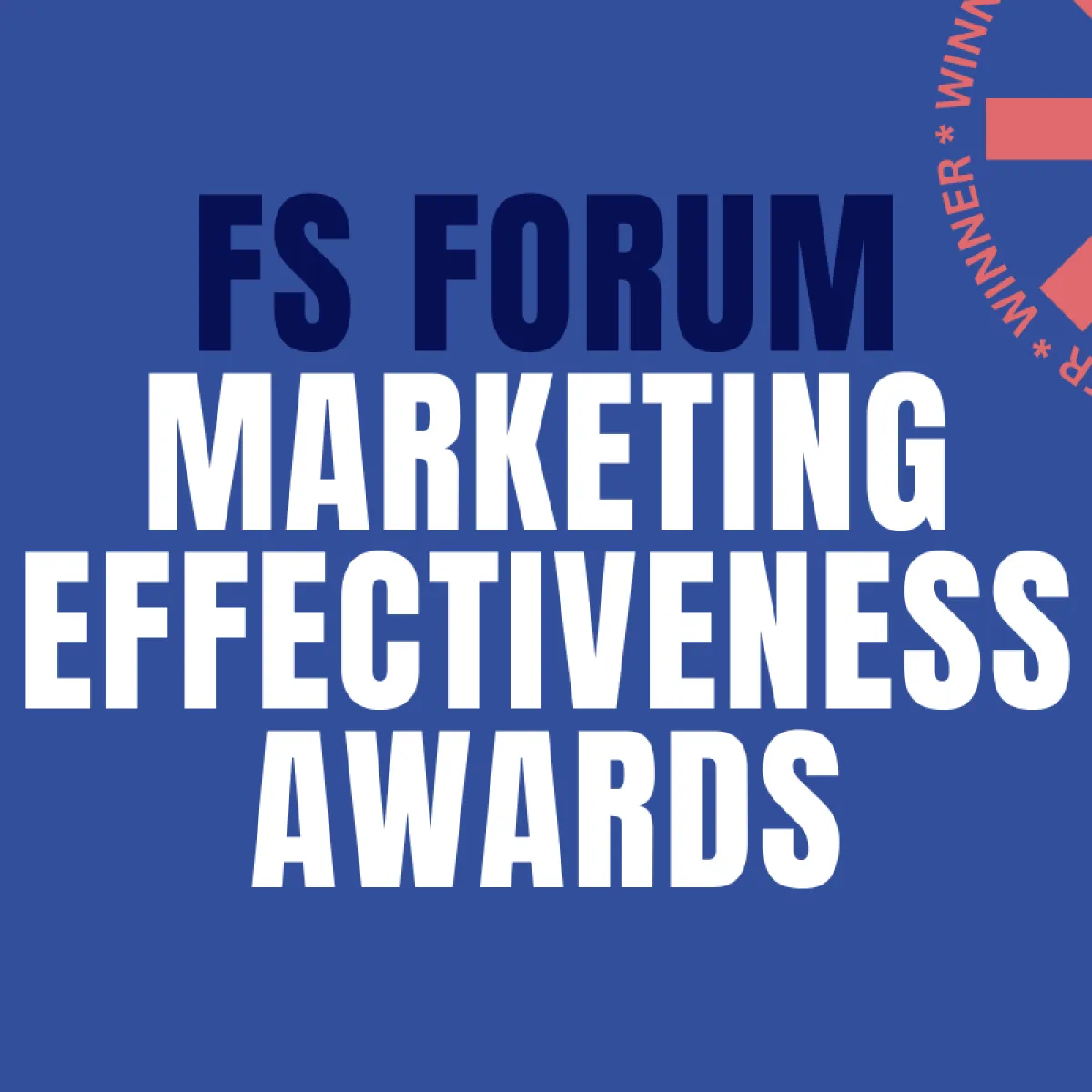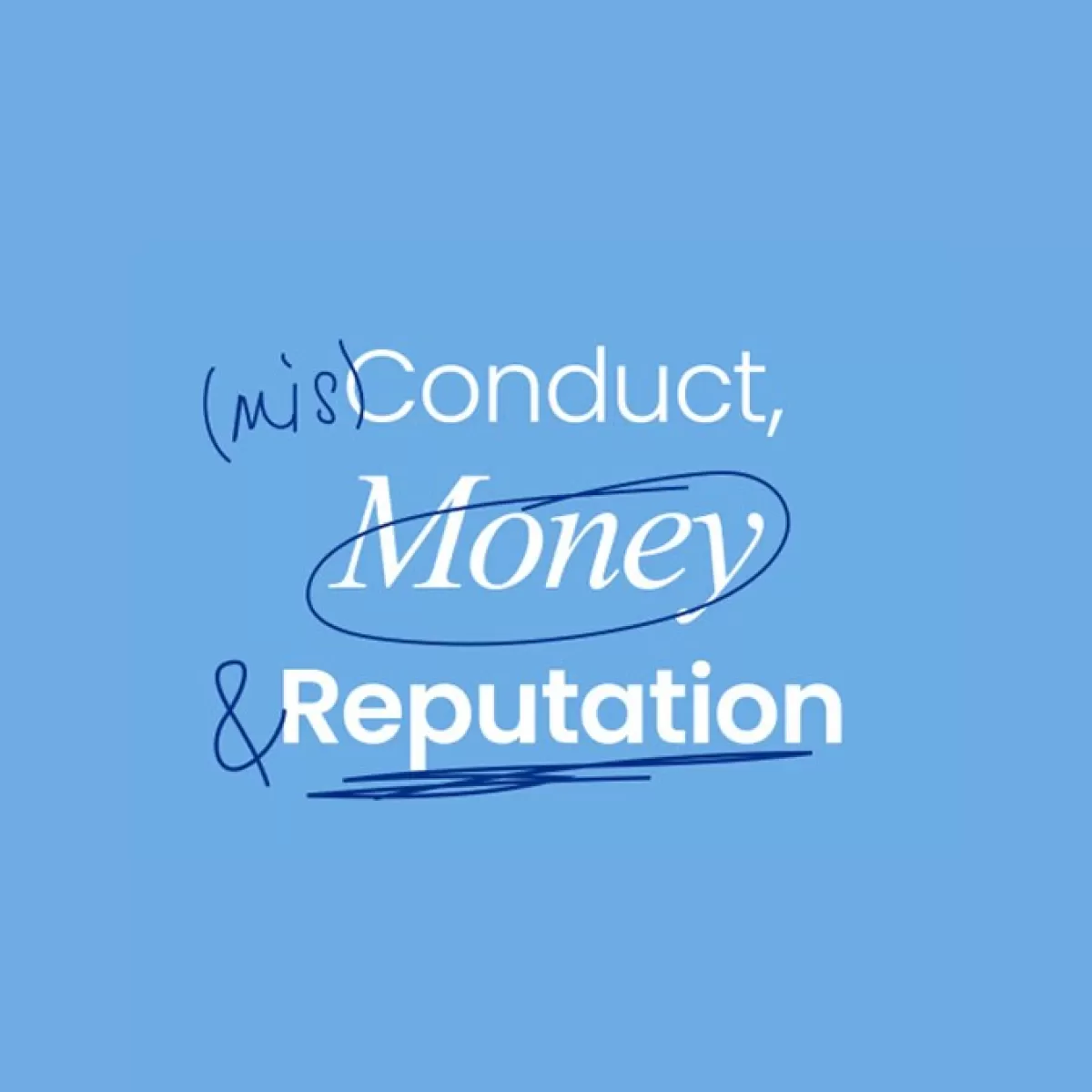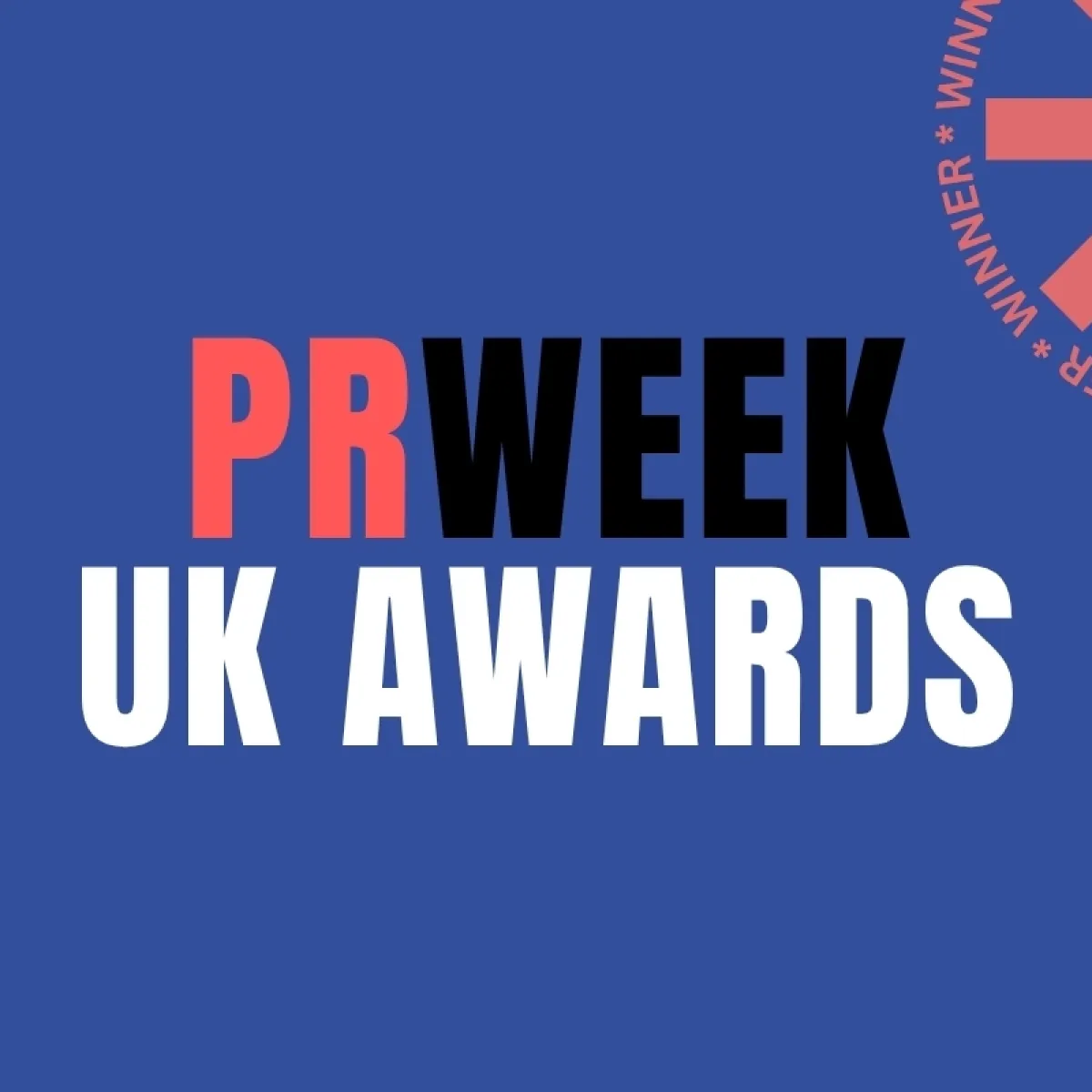This website uses cookies. Learn more
It’s become a symbol of the pandemic.
Bingo! A, now-familiar, voice joyfully shouts as, for the fourteenth time that day, someone is caught chatting away, blissfully unaware they’re in a silent movie.“You’re on mute!” they chorus, as the unfortunate ‘victim’ dutifully rolls their eyes, throws their arms up in self derision and searches out the unmute button to apologise (again).
An in-joke shared by millions. And interestingly, it mirrors the challenge that many brands continue to face.
How can any of us be heard through all this noise?
There is so much news. We are awash with breaking information, assaulting imagery and alarming world commentary – juxtaposed with a surprisingly-varied collection of home-schooling parodies of Julie Andrews hits, an avalanche of snow day pictures and an endless stream of ads for funky face masks.
Pandemics are busy. So, how can brands cut through? To find that sliver of space to connect with customers, bond over a shared experience, meet a need or simply remind them they’re there. And do so while avoiding any whiff of opportunism or tone-deafness?
Well, 2021 hasn’t started quite the way we’d all hoped, but at least we’re not new to this anymore. And there are some sparklingly good examples of cut-through marketing from 2020 – even this year – that all communicators can learn from. And not just for lockdown.
The way some brands have adapted their marketing in recent months serves as an important reminder of how great, authentic and effective communication should be done, at any time.
Top 5 tips for getting OFF mute
1. Be Bold.
You won’t get heard if you sound the same as everyone else. Be different, confident, stand out. And, be you.
A wonderful example was provided, courtesy of the masters of disruptive marketing at BrewDog, this month. They are offering their – currently empty – bars as vaccination centres and, had the gumption to pair it with a giveaway of a special edition can of Brewdog for anyone who gets their jab there.
AND they addressed their marketing directly to the Health Minister and Nicola Sturgeon.
AND they followed it up with a competition to name said special edition beer (#Little Prick gets my vote…)
Purposeful, on brand, and funny to boot. Very hard to get right at the moment, but brilliantly done by BrewDog (again).
2. Normal People.
No, not the racy BBC drama that had everyone’s TV sets heating up this summer. But in recent months, many brands have re-remembered the power of storytelling through real people. Characters who are relatable, have an authentic story to tell, and who are as persuasive and memorable as they are believable.
One brand who needed no such reminder is Dove – who’s Real Beauty campaign, launched a staggering 18 years ago (who feels old?!), was built on telling their story through their customers. An idea they have remained true to ever since.
In April last year, Dove built on that well-established narrative with their “Courage is Beautiful” campaign, featuring the exhausted faces of health workers on the frontline in the Covid crisis, their faces marked and scratched by the brutal PPE worn through their gruelling shifts. The photos are real – posted by doctors and nurses on sites like Instagram, who were approached to give consent for their images to be included.
It is one of the most powerful pieces of content I’ve seen and still gives me a lump in my throat even now. Not overly sentimental, but deferential and powerful, Dove made substantial donations to Covid-relief efforts, as referenced in the US-version of the ad, showing the brand’s deep understanding of the unbreakable link between purpose and action.
3. Know when to have fun.
Using humour has been a fine line for the last year. Many brands have shied away from it– fearful of appearing glib in the face of a crisis.
But well-judged humour can be a leveller; a way to demonstrate empathy and create an engaging, human connection.
Our partners, Opinium, revealed early in the pandemic that there is room for positivity even in times of crisis. Their research found 89% of consumers craved “good news” to meet their broader social, emotional and intellectual needs.
Nike did a great job of that back in March – doing their bit to encourage people to stay at home, with a bang-on-brand campaign, launched five days after lockdown (no.1) began. It was positioned just the right side of light-hearted, and deftly demonstrated their deep understanding of their audience…
Meanwhile, this month, personality-filled Innocent Drinks once more took to the social airwaves to demonstrate why everyone loves someone confident enough to take the pi** out of themselves. Fun, cheeky and self-depreciating, followers flock to Innocent’s social channels to hear more from the smooth, smoothie brand and raise a smile. Bravo Innocent!
4. Get ahead of the news.
There are enough scheduled announcements every week to find one for which you could offer unique insight, ideas or opinion that adds a different slant on a rumbling public narrative.
But the key is don’t wait, anticipate. Get ahead by offering commentary on the implications of what may be (or is expected to be) announced, ahead of time.
Last summer we worked with, smart money app, Yolt to use their data-rich insight into people’s spending habits to offer an early perspective on the impact of the Eat Out to Help Out scheme. Critically, we did it ahead of the Government releasing its official stats. Yolt’s data, taken from a sample of its 1.6m+ strong database of registered customers revealed that the early days of the scheme drove a 14% increase in eating out transactions – and they appeared in 250 pieces of media coverage as a result.
5. Actions speak louder than words.
If the pandemic teaches us anything, I believe it is the importance of authenticity; the imperative to go beyond words and demonstrate purpose and social commitment through tangible action.
Many organisations are rethinking their role in the world post-pandemic; what position they want to take in our rebuilt economy and society. But Purpose will forever just be a set of pretty words on a wall if brands don’t think deeply about how to embed their Purpose in how the organisation and its leaders behave; with colleagues, customers and their wider community.
McDonald’s learned this lesson the hard way in March, with a hollow marketing gimmick which attracted high profile criticism.
Conversely, Tesco’s adaptation of their famous slogan was well received – because it was backed up with regular, honest customer comms, and significant and meaningful action, such as creating priority shopping slots for the elderly and NHS frontline workers.
Then came a re-work of their highly successful ‘Food Love Stories’ campaign, re-launched in April in response to insight which showed a surge in love for home cooking during lockdown. This time, they featured the public - asking customers to create and dedicate a special recipe to a loved one and share it on social media.
As the Chief Customer Officer, Alessandra Bellini, explained “Tesco was in an ocean of communication about values and price and offers before that but in a big, noisy way. We had to cut down the noise and focus on what really matters for people.”
It’s no wonder Tesco won Marketing Week’s ‘Master Brand of the Year 2020’. Light of touch humility, empathy, personality and timeliness. The perfect recipe…
As with so many things, the pandemic – for all its horror – has offered us a chance to re-set and remind ourselves of what matters when it comes to creating lasting connections and making ourselves heard. It’s not rocket science. Nor is it new. Insight, authenticity and humanity… it’s what relationships are built on. Let’s all remember that…
Stay in the loop with our experts




New Business: to find out how we can help you, contact our dedicated new businesss team consultancy@lansons.com
Careers: we’d love to hear from you, please visit our careers hub




